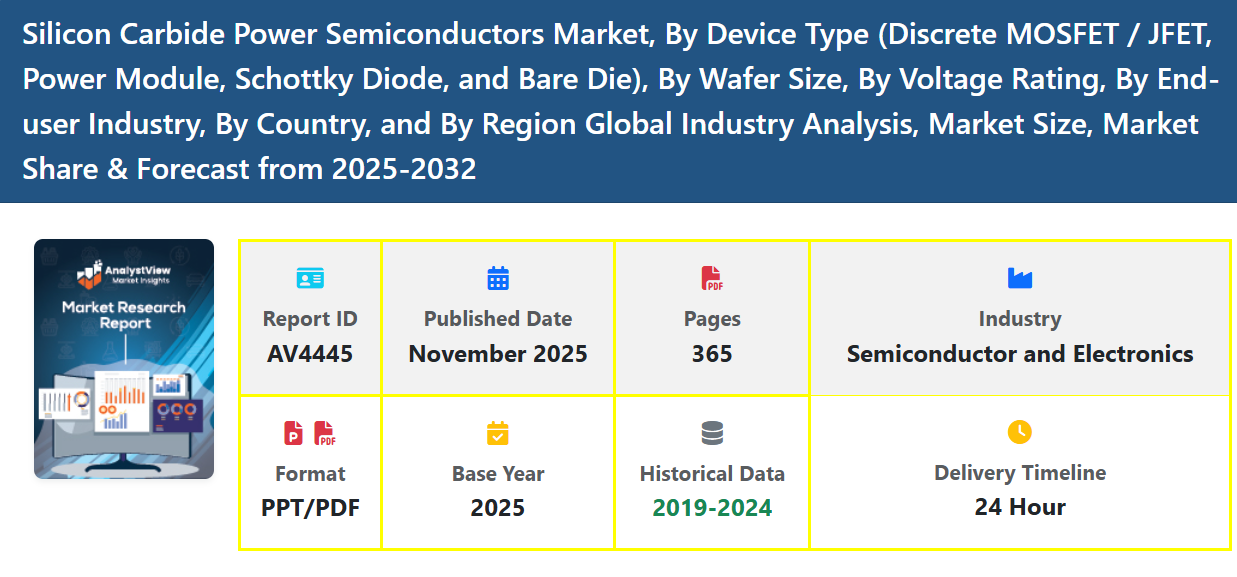Enhancing Data Protection with Privacy Management Software

In today’s digital era, the increasing emphasis on data privacy has made it imperative for organizations to adopt robust privacy practices. With the proliferation of data collection, stringent regulatory requirements, and the growing risks of data breaches, businesses across all industries are turning to privacy management software as a strategic solution to safeguard sensitive information. This software provides a comprehensive platform for managing compliance, streamlining data governance processes, and ensuring customer trust.
Privacy management software is designed to help businesses comply with global data privacy laws such as the General Data Protection Regulation (GDPR), California Consumer Privacy Act (CCPA), Health Insurance Portability and Accountability Act (HIPAA), and other regional and industry-specific regulations. The software offers tools that automate and centralize the management of user data, privacy policies, consent tracking, data access requests, and data mapping. By doing so, it reduces the risk of non-compliance, which can lead to hefty fines and reputational damage.
A core function of privacy management software is data mapping, which helps organizations understand what data they collect, how it is processed, and where it is stored. This visibility is crucial in maintaining transparency, especially when responding to data subject access requests (DSARs). These requests, mandated by many privacy laws, require companies to provide individuals with details about their personal data. The software facilitates prompt and accurate responses by locating relevant data and managing workflows efficiently.
Another key feature of privacy management software is consent management. With privacy regulations demanding explicit and informed consent for data processing activities, organizations must ensure that user permissions are recorded and managed effectively. Privacy management platforms typically include consent collection widgets, cookie banners, and user preference centers, enabling businesses to maintain a clear audit trail and demonstrate compliance with legal requirements. This also empowers customers by giving them control over their personal data.
Risk assessment and impact analysis are also vital components of privacy management. The software enables organizations to conduct Privacy Impact Assessments (PIAs) and Data Protection Impact Assessments (DPIAs), evaluating the potential risks of data processing operations. These assessments help identify vulnerabilities, recommend mitigation strategies, and document efforts to minimize harm. By embedding risk assessments into business processes, companies can proactively address issues before they escalate into serious concerns.
Incident response and breach management capabilities further enhance the functionality of privacy management software. In the event of a data breach, swift action is essential. The software supports organizations in identifying breaches, evaluating their scope, notifying affected parties, and reporting incidents to regulators within required timeframes. Automated incident response plans and documentation tools ensure that companies meet their legal obligations and maintain customer trust during critical situations.
From a strategic perspective, privacy management software also contributes to corporate governance and ethical data use. Businesses that adopt such tools demonstrate a commitment to responsible data stewardship, which can be a significant competitive advantage. With consumers becoming increasingly aware of their data rights, transparency and accountability in data practices can enhance brand loyalty and market reputation.
The demand for privacy management software is growing rapidly across sectors such as healthcare, finance, e-commerce, education, and technology, where data privacy is of paramount importance. Cloud-based deployment models are gaining popularity due to their scalability, cost-effectiveness, and ease of integration with existing IT infrastructure. These solutions are typically customizable and adaptable to the specific compliance needs of different regions and industries.
Furthermore, the integration of artificial intelligence (AI) and machine learning into privacy management software is driving innovation in the field. AI-powered features can automate routine tasks, detect anomalies in data usage, and provide predictive insights into privacy risks. This enhances operational efficiency and allows privacy professionals to focus on strategic decision-making. Machine learning algorithms can also improve the accuracy of data classification and processing, further strengthening data protection efforts.
Despite its many benefits, implementing privacy management software is not without challenges. Organizations must ensure proper staff training, align software functionalities with their internal processes, and address integration issues with legacy systems. Additionally, the evolving nature of privacy regulations demands continuous updates and adaptability, making vendor support and software scalability critical considerations.
Source - https://www.marketresearchfuture.com/reports/privacy-management-software-market-7400
Privacy management software has become an indispensable tool in the modern data-driven business landscape. It not only helps organizations meet complex regulatory requirements but also fosters a culture of transparency, accountability, and trust. By automating privacy tasks, managing data efficiently, and preparing for potential risks, this software empowers businesses to navigate the intricacies of data privacy with confidence. As digital ecosystems continue to expand, the adoption of privacy management solutions will play a pivotal role in shaping ethical and secure data practices for the future.




